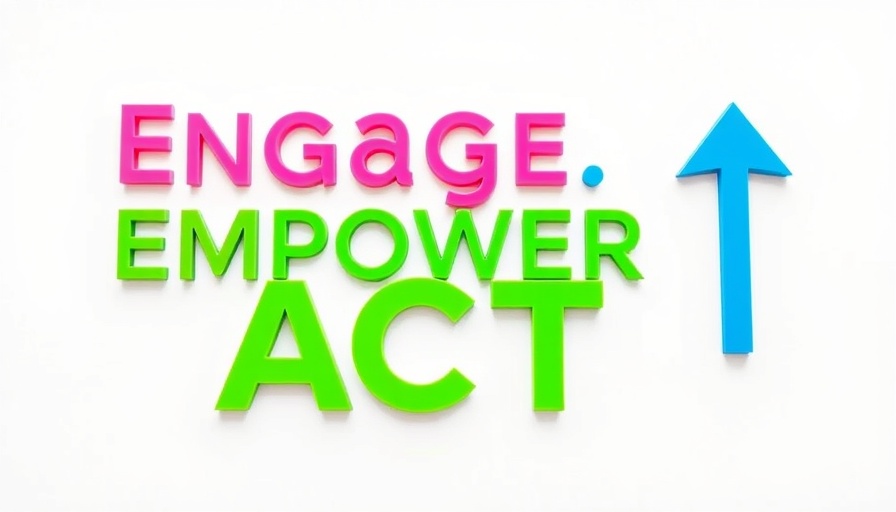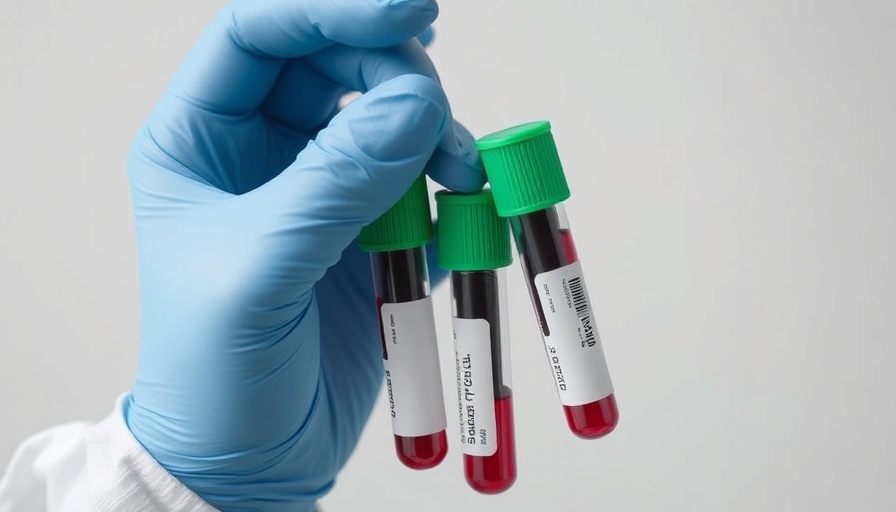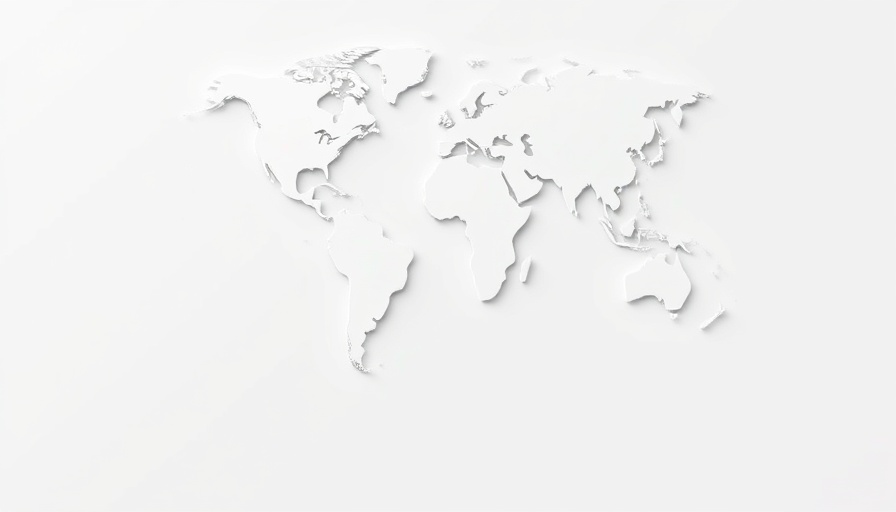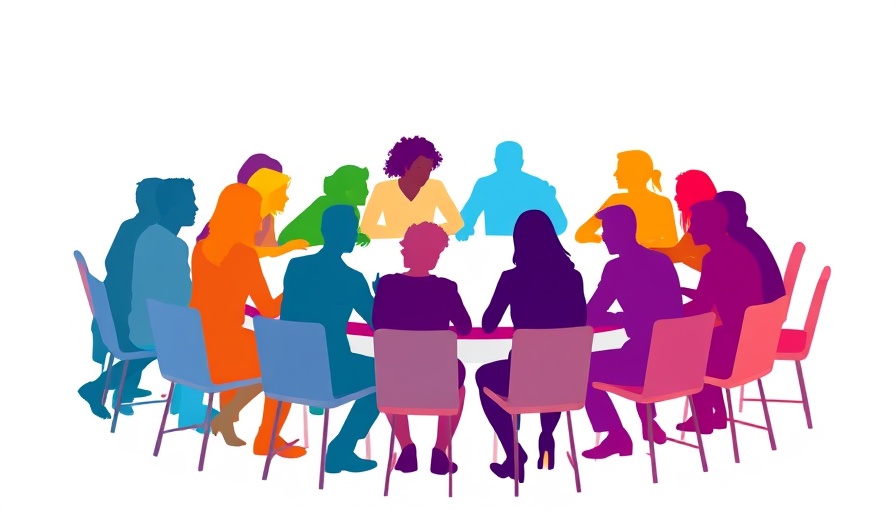
Empowering Africa’s Nurses: A Crucial Moment for Change
On the 12th of May 2025, Africa will celebrate a pivotal moment in healthcare as the World Health Organization (WHO) launches the State of the World’s Nursing (SoWN) report. This report, primarily focused on empowering the nursing workforce, comes at a time when the nursing profession faces unprecedented challenges, exacerbated by the lingering effects of the COVID-19 pandemic. The discussions around migration, retention, and the future of nursing in Africa will be spearheaded by notable health leaders, including Professor Champion Nyoni, who will highlight opportunities for early-career nurses to lead change.
The Importance of Early-Career Nurses
As the healthcare landscape evolves, early-career nurses are seen as crucial agents of change. The upcoming event will feature dialogues focused on evidence-based policy discussions, aiming to elevate the voices of those who are often at the forefront of patient care yet remain underrepresented in decision-making processes. By centering these discussions around young professionals, the initiative aims to harness their innovative ideas and unique perspectives, propelling nursing into a new era.
A Deep Dive into the State of Nursing in Africa
The SoWN report serves as a powerful tool that provides critical insights into the current state of nursing across Africa. It aims to shed light on pressing issues such as workforce shortages, brain drain due to migration, and retention challenges. The recommendations within the report seek not just to inform but to inspire action among policymakers and stakeholders, emphasizing the necessity of investing in this vital workforce to ensure quality healthcare delivery.
The Role of Policy in Shaping the Future
Evidence-based discussions stemming from the SoWN report are set to spark conversations that transcend borders, addressing global challenges such as public health crises and the socio-economic factors impacting healthcare access. These discussions are of paramount importance, especially in light of the current global health scenarios, where countries grapple with the aftermath of COVID-19 and prepare for future crises. Strategies derived from these dialogues will play a vital role in reinforcing the healthcare infrastructure, ensuring a proactive approach rather than a reactive one.
Global Comparisons and Lessons Learned
Comparatively, other regions facing similar challenges have started to invest heavily in their nursing workforce, recognizing its critical role in health outcomes. Case studies from countries with successful retention strategies can provide valuable lessons for African nations. For instance, nations that prioritize continuous professional development and create supportive working environments for nurses have seen improved job satisfaction and retention rates. How these nations foster a culture of valuing nursing will be crucial as Africa navigates its unique challenges.
Future Opportunities in Health Workforce Development
As we look to the future, there are numerous opportunities to enhance the nursing profession in Africa. Training programs that focus on leadership, mental health, and specialty areas can empower nurses to expand their capacities and influence. It is essential to create pathways for nurses to transition into leadership roles, contributing to a more equitable and effective healthcare system. With the help of the WHO and regional leaders, these opportunities can become a reality.
A Call to Action for Stakeholders
The forthcoming launch event should not merely be viewed as a ceremonial occasion but as a clarion call for action to all stakeholders within the healthcare system. It is incumbent upon governments, educational institutions, and healthcare organizations to prioritize policies that nurture and retain nursing talent. The well-being of nursing professionals directly correlates with the quality of care provided to patients, making their expert contributions indispensable.
Engaging and Mobilizing the Nursing Community
To maximize the impact of the forthcoming discussions, involved parties must actively engage with the nursing community. Creating platforms where nurses can share their experiences and challenges fosters a sense of belonging and empowerment. Additionally, harnessing social media and other communication channels will amplify the key messages from the SoWN report, driving grassroots movements for change.
As we anticipate the unveiling of the State of the World’s Nursing report, let us unite in our commitment to reshaping the nursing landscape in Africa. By promoting nursing as a respected and vital profession, we not only improve health outcomes but also honor the invaluable contributions of nurses who tirelessly care for our communities.
Join the conversation—register now to become part of this significant change!
 Add Row
Add Row  Add
Add 




 Add Row
Add Row  Add
Add 

Write A Comment